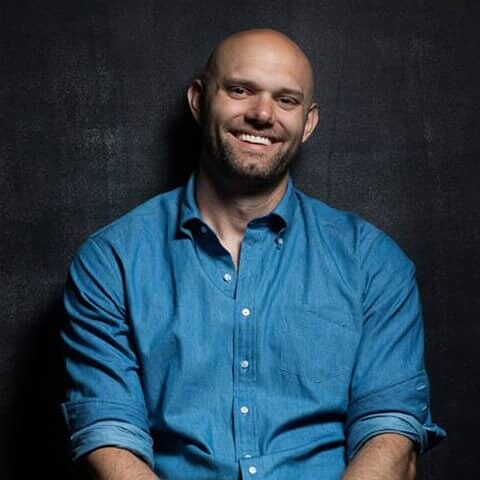 author
authorDiscover the Best Books Written by Felix Dennis
Felix Dennis was an English publisher, poet, spoken-word performer, and philanthropist. His company, Dennis Publishing, pioneered computer and hobbyist magazine publishing in the United Kingdom. In more recent times, the company added lifestyle titles such as its flagship brand, The Week, which is published in the UK and the United States. Felix Dennis was born on 27 May 1947 in Kingston-upon-Thames, Surrey, the son of a part-time jazz pianist who ran a tobacconist's shop.
He grew up poor in northeast Surrey, for a time living in his grandparents' tiny terrace house in Thames Ditton, not far from his birthplace, with his mother, Dorothy, and brother Julian. A place with "no electricity, no indoor lavatory or bathroom ... no electric light, but gas and candles". In 1958, he passed his 11+ exam to enter St Nicholas Grammar School in Northwood Hills, Middlesex. His first band, the Flamingos, was formed with friends at school. In 2006, Dennis said in an interview with Oliver Marre of The Observer newspaper:
I was brought up in rather unusual circumstances. When I was twelve, my father emigrated to Australia, and for reasons I've never wanted to know, my mother didn't follow him. Eventually, they got divorced, which was incredibly unusual at that time. So I was brought up by a very strong woman who set out to prove that her early failure, which is how she must have seen it, was not going to blight her children's lives. She went to nightschool, trained as a chartered accountant, and turned us middle-class. Meanwhile, I was the alpha male in the family.
When I was about 14, my mother remarried a gentle giant. He was a wonderful man, but for me, he was the second alpha male in the house, meaning I left home very early. In 1964, Dennis moved into his first bedsit at 13 St Kildas Road, Harrow, earning rent playing in R&B bands and working as a window display artist in department stores. Briefly working as a sign painter, he also enrolled at Harrow College of Art. In 1967, Dennis began selling copies of the counterculture OZ magazine on London's Kings Road streets.
Later, Dennis became a designer and worked with Jon Goodchild, the magazine's art director. In 1969, Dennis wrote a world exclusive for OZ, the first-ever review of Led Zeppelin's debut album. He was quickly promoted to co-editor and became involved in the longest conspiracy trial in English history over the infamous "Schoolkids OZ" issue. While Richard Neville was on holiday, Jim Anderson and Dennis had invited fifth- and sixth-form kids to edit the issue.
They included a sexually explicit Rupert the Bear cartoon strip, which proved too much for the authorities and resulted in the arrest of Anderson, Neville, and Dennis, who were charged with "conspiracy to corrupt public morals." The OZ offices in Princedale Road, Notting Hill, and the homes of its editors were repeatedly raided by Scotland Yard's Obscene Publications Squad. John Lennon recorded the single God Save Oz/Do The Oz to raise money for a legal defense fund.
At the conclusion of the trial, the "OZ Three," defended by John Mortimer, were found not guilty on the charge of "Conspiracy to deprave and corrupt the Morals of the Young of the Realm" but were convicted on two lesser offenses and sentenced to imprisonment. Dennis received a more lenient sentence than his co-defendants because he was, in the opinion of the judge, "much less intelligent" and, therefore, less culpable.
These convictions were later quashed on appeal. Dennis later told author Jonathan Green that the night before the appeal was heard, the OZ editors were taken to a secret meeting with the Chief Justice, Lord Widgery, who told them they would be acquitted if they agreed to give up work on OZ. It is alleged that MPs Tony Benn and Michael Foot had interceded on their behalf.
Best author’s book




















